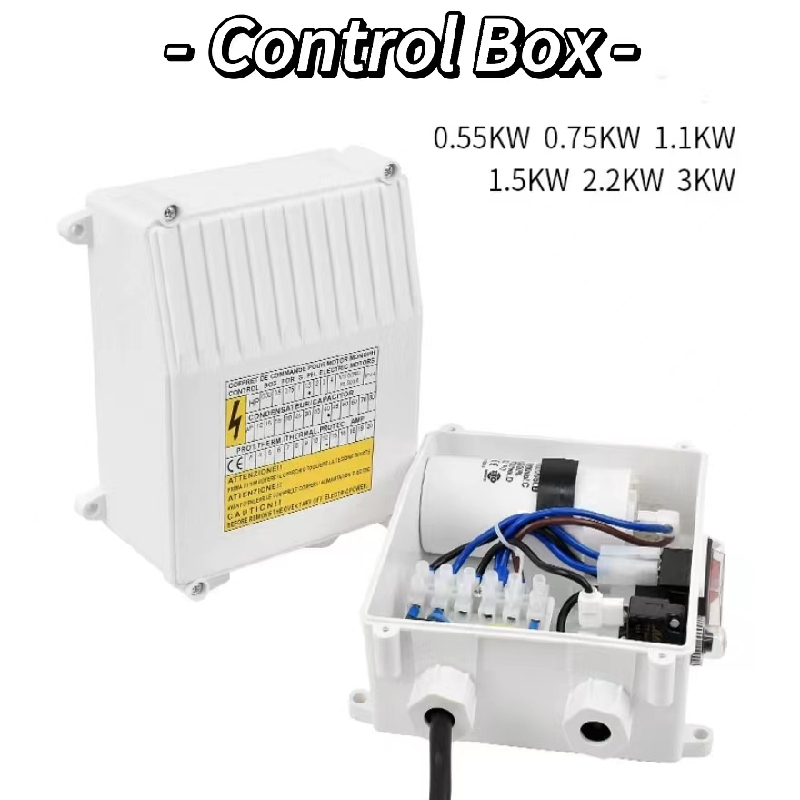The Versatility of Butyl Rubber Strips
Butyl rubber, a synthetic rubber, is known for its excellent properties and versatility, making it a popular choice in various applications. Among its many forms, butyl rubber strips are particularly useful in industries ranging from automotive to construction. This article will explore the characteristics, applications, and advantages of butyl rubber strips, highlighting why they are an indispensable material in today’s market.
What is Butyl Rubber?
Butyl rubber is a copolymer of isobutylene and isoprene, offering unique qualities that set it apart from other rubber materials. One of its most notable attributes is its excellent impermeability to gases, making it an ideal material for applications that require airtight seals. Butyl rubber also exhibits strong resistance to UV radiation, aging, and thermal degradation, which further enhances its longevity and reliability.
Characteristics of Butyl Rubber Strips
Butyl rubber strips are typically manufactured in various thicknesses and widths to suit specific needs. They are flexible and can be easily shaped or cut to fit particular applications. The strips also possess good chemical resistance, allowing them to withstand exposure to a range of substances without degrading. Additionally, butyl rubber is typically non-toxic and can be used in food-grade applications, adding to its versatility.
Applications of Butyl Rubber Strips
1. Sealing Applications One of the primary uses of butyl rubber strips is in sealing applications. Their impermeability to gases makes them ideal for sealing windows, doors, and other areas where a watertight and airtight seal is needed. This property is especially beneficial in the automotive industry, where butyl rubber is used to seal windshields and other glass components, preventing leaks and improving energy efficiency.
2. Insulation Butyl rubber strips are often used as insulation materials. Their resistance to moisture and temperature fluctuations makes them suitable for insulating pipes and ducts, ensuring energy efficiency and preventing condensation.
butyl rubber strip

3. Automotive Industry Beyond sealing, butyl rubber strips find applications in various automotive components. They are used in weather-stripping around doors and hoods, providing protection against the elements and enhancing the vehicle's overall performance.
4. Construction In construction, butyl rubber strips are employed in roofing applications, where they serve as waterproofing membranes. Their ability to withstand harsh weather conditions ensures long-lasting protection for buildings and structures.
5. Manufacturing and DIY Butyl rubber strips are also popular in DIY projects and manufacturing settings. Their easy manipulation and adhesive properties allow them to be used in crafts, repairs, and various manufacturing processes where a reliable bond or seal is necessary.
Advantages of Butyl Rubber Strips
The use of butyl rubber strips offers several advantages
- Durability These strips can withstand harsh environmental conditions, ensuring a long lifespan and reducing the need for frequent replacement. - Versatility The wide range of applications makes butyl rubber strips suitable for various industries, from automotive to construction to home improvement. - Ease of Use Butyl rubber strips are easy to cut, shape, and apply, making them accessible for both professional and DIY users. - Cost-Effectiveness While not the cheapest material on the market, the durability and effectiveness of butyl rubber strips can lead to significant cost savings over time, reducing maintenance and replacement needs.
Conclusion
In conclusion, butyl rubber strips are an essential material with a broad range of applications across various industries. Their unique properties, such as gas impermeability, moisture resistance, and durability, make them an ideal choice for sealing and insulation needs. As industries continue to evolve and demand more reliable and effective materials, butyl rubber strips will undoubtedly maintain their relevance and importance in the market. Whether used in automotive, construction, or DIY projects, the versatility and benefits of butyl rubber strips make them a valuable asset.
-
XIANGFAN Rubber Tape-Ultimate Solutions for All Your Insulation NeedsNewsJun.24,2025
-
XIANGFAN Rubber Tape-Protection for Industrial and Residential ApplicationsNewsJun.24,2025
-
XIANGFAN Rubber Tape: Superior Safety and Sealing for Demanding EnvironmentsNewsJun.24,2025
-
XIANGFAN Rubber Tape: Reliable Solutions for Every Electrical ChallengeNewsJun.24,2025
-
XIANGFAN Electrical & Industrial Tape: Powering Reliability Across IndustriesNewsJun.24,2025
-
XIANGFAN Electrical & Industrial Tape: Excellence in Every ApplicationNewsJun.24,2025
